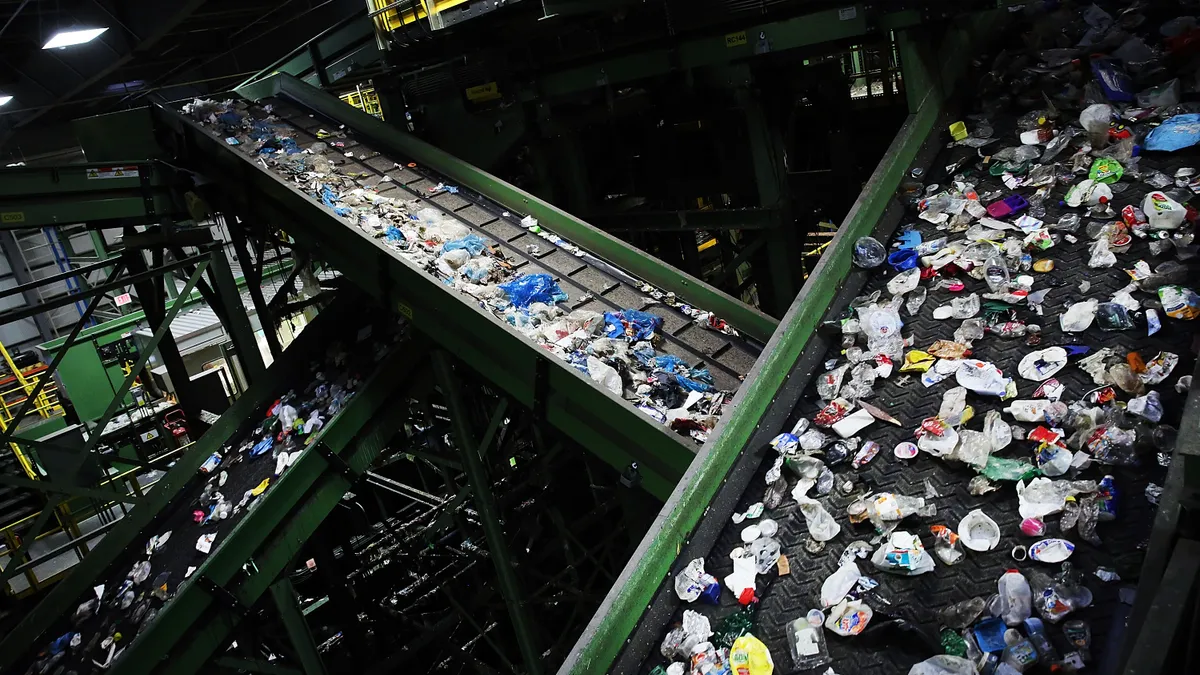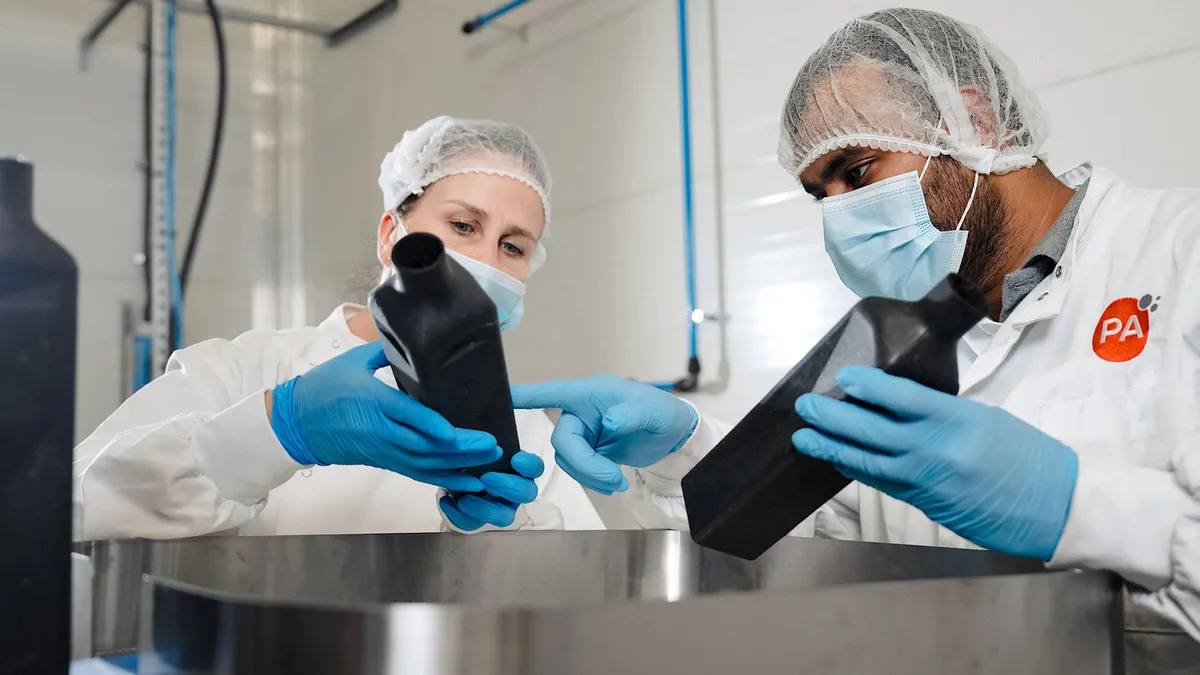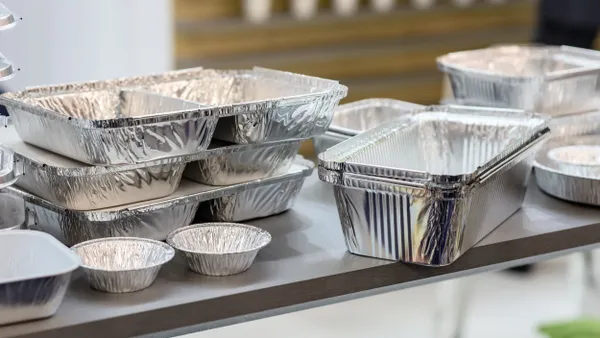Dive Brief:
- Colorado has chosen Circular Action Alliance as its producer responsibility organization, a significant step in implementing the state’s extended producer responsibility program for packaging.
- CAA is comprised of 11 major companies, including the Coca-Cola Company, Keurig Dr Pepper, General Mills, Procter & Gamble, Nestlé and Unilever. It’s tasked with identifying a contractor by Sept. 1 to conduct a statewide needs assessment. The PRO must also develop the EPR program plan and establish targets for minimum recycling rates in the state.
- The group is also active in the three other states with EPR for packaging laws — California, Maine and Oregon — and plans to work with the relevant state agencies to be considered for PRO positions there.
Dive Insight:
Colorado is the first of the four states with EPR laws for packaging to name its PRO, which could set the tone for how Maine, Oregon and California establish and coordinate with PROs under their own programs. Some states are also pursuing or allowing multiple PROs.
Circular Action Alliance incorporated in 2022 in response to EPR programs passing in the four U.S. states, it said in a news release. Most of the companies in CAA already participate in EPR programs outside the U.S. and understand that different EPR programs operate with different regional intricacies, said Olivia Barker, a spokesperson for CAA. Colorado passed its EPR law in 2022 and decided to focus its program on a producer-led model as opposed to one with more state control.
“There's no one size fits all solution for EPR implementation,” Barker said. Although the group brings “global expertise and best practices” to the PRO role, she said CAA also met with Colorado stakeholders prior to applying for the position to make sure they understood the law and “that we're developing services and program plans that are speaking to what the state actually needs.”
Charlie Schwarze, CAA board chair and director of sustainability focused on packaging and product stewardship at Keurig Dr Pepper, said in the PRO’s letter of intent that the group represents several hundred brands, and “we expect the membership to grow over the coming months.”
Beyond Colorado, CAA is also in regular contact with Oregon DEQ over that state’s ongoing EPR implementation process and has a seat on the state rulemaking advisory committee, Barker said. A relevant deadline in California for prospective PROs is also coming up, Barker said.
The Colorado Department of Public Health and Environment, which heads EPR implementation in the state, received two applications for the PRO position. H2 Compliance was the other company that applied, said Shannon Bauman, community involvement specialist in the department. Though CAA is the only Colorado PRO for now, the state can designate additional PROs in the future.
The department said it chose the PRO based on several criteria, including whether members of the PRO represented packaging that comes in “a wide diversity of covered materials,” which Schwarze said was a strength of CAA’s company makeup. CDPHE also called for a PRO that could offer a “clear funding mechanism” for the needs assessment and that had an ideal governing board composition.
Jill Hunsaker Ryan, CDPHE’s executive director, celebrated the PRO announcement in a news release, saying the EPR for packaging program is “a solution that helps to solve some of the major gaps concerning supply chain, recycling end markets and accessibility of recycling.”
CAA will first need to hire a vendor to carry out a needs assessment, due by Jan. 30, 2024. The needs assessment will focus on topics like recycling and composting service availability and gaps in service, plus the estimated costs to process and recover material, estimated contamination rates and opportunities to use technologies such as AI.
CAA will also be required to submit at least three projected scenarios for how to increase the state’s recycling and collection rates for materials covered in the EPR program, with proposed rates the state could meet by 2030 and 2035.
A plan for implementing the EPR program is due by Feb. 1, 2025, according to the bill.
















